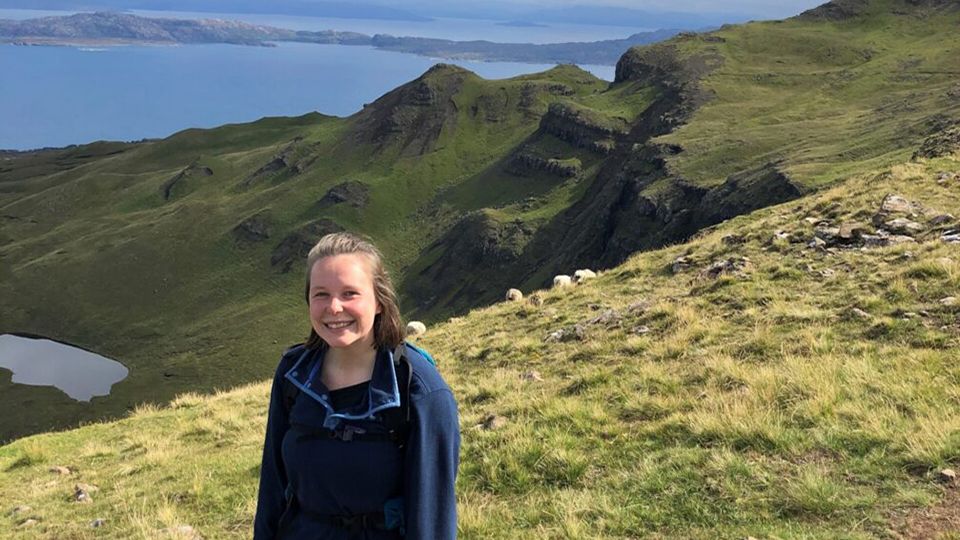In this new summer series for ESG Clarity, members of the sustainable investment industry tell us how their thinking on this fast-moving industry has adapted over the years and what changes that has led to.
Here, Emma Hall, investment analyst at Aegon Asset Management, discusses her passion for addressing water scarcity and what she did for No Mow May in her shared garden.
What has ESG or sustainable investing changed your mind about over the past couple of years?
I joined the global sustainable equity fund team at Aegon Asset Management last year. Before joining, I thought good sustainable investing was investing in ‘superstars of sustainability’ – the greenest companies with the best practices and policies.
What I have learnt is that it’s much more complex. Where you can really make the biggest difference is by investing in companies that are doing good in the world by their product or service, but actually have a way to go on their sustainability rating, perhaps because their internal practices aren’t up to scratch. It is here that you can influence companies that may not have otherwise changed to do better and be better (particularly in their governance) and that is a powerful part of sustainable investing.
Describe one thing about ESG or sustainable investing you’ve heard recently that has stuck with you or been particularly poignant.
I recently read a quote about water preservation that has stuck with me. In the 2019 UK Waterwise Annual Conference Sir James Bevan (CEO of the Environmental Agency) was speaking about changing behaviour in a speech that has since been coined the ‘Jaws of Death’ speech: “We need water wastage to be as socially unacceptable as blowing smoke in the face of a baby.”
Of all of the sustainability themes that I have researched so far, water scarcity is one I feel most passionately about. The scarcity of water is causing huge operational issues to companies but, more importantly, 771 million people lack access to safe water and the current trajectory means that this will unfortunately increase.
Despite this, many companies and individuals treat clean fresh water as disposable rather than a valued resource and these attitudes need to change urgently.
What changes have you made personally this year to become more sustainable?
I sometimes find it hard, I think others do too, to envisage that the little changes I make in my life make a real sustainable difference to the world – when celebrities are taking private jets for a 20-minute trip it is easy to lose motivation washing out and separating plastic containers for recycling.
However, you have to start somewhere, and I find that if I think about my actions making a difference to my local area rather than on a global scale the small difference I make can seem more meaningful.
I have to practice what I preach so I am a stickler for water use. I have made small changes in my habits like trying to reduce shower times, making sure that the dishwasher is completely full and only running taps when necessary (running taps waste as much as six litres of water a minute!).
I have changed the way that I shop too, trying to buy preloved clothes on apps like Vinted and checking out shops on the “Good on You” app that gives ethical brand ratings.
I have also started to take the tram to work rather than a car and I have discovered that I love a commute – a bit of a morning walk with a coffee and a podcast is a great start to the day.
Living in a flat means it’s hard to think of ways to increase biodiversity but my street has a shared garden so I started No Mow May and installed insect hotels and bird boxes around the garden. So far no nesting couples but I have my fingers crossed!
What I found surprising is that the change in habits that I originally thought would be an inconvenience have actually brought me a bit of joy and a feel-good factor that I am doing something that is beneficial to the environment rather than damaging it.








